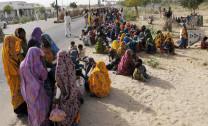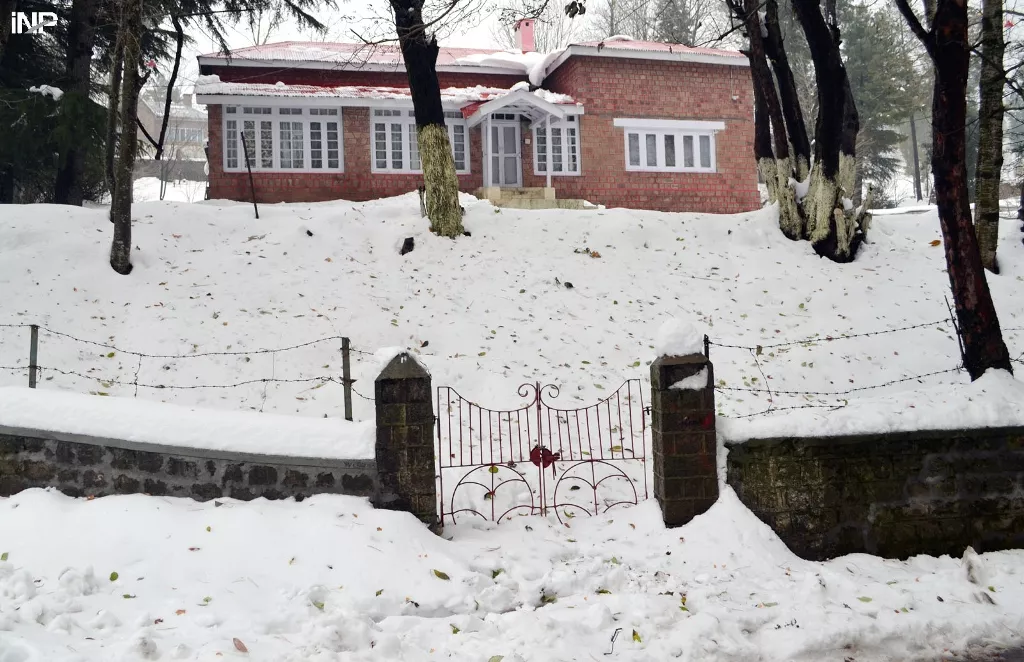Human rights: Child labour rose in the 1960s with economic boom
We’ve just accepted that children working is part of the economy: KU expert.

Human rights: Child labour rose in the 1960s with economic boom
The rise in child labour in Pakistan coincides with the 1960s, which is a decade considered to be the “golden era of economic development” for the country. Up to that period, children were expected to contribute to the work of the family but there was no tradition of children working away from the unit. The increase in the number of new factories and need for cheap labour meant more child labour was recruited.
Since then, there has been no substantial drop in the number of working children, leading to the conclusion that society has accepted child labour as a stable pillar of the economy, researchers have concluded at the University of Karachi.
Dr Nasreen Aslam Shah, who is the director of the Centre of Excellence for Women’s Studies at the university, referred to recent research they published. A team interviewed 500 working children, both boys and girls, and concluded that they are used for economic benefit at the cost of their physical and psychological growth. Approximately 51 per cent of the working children in Karachi earn between Rs2,000 to Rs3,000 per month and about 19 per cent of the children work 12 or more hours every day.
Most of the working children in Karachi work with the consent of their parents who help them select their ‘profession’. In return, their opinion is considered in the decision making and allocation of resources in the family.
Pakistan has about 32 million working children between the ages of 5 and 14 years. They mend flat tyres, wait on people at restaurants, work at printing machines, sell flowers and other accessories at traffic signals, sell fruit and vegetables in markets and on the street, work in houses as errand boys and girls, collect recyclable items from garbage dumps.
The worst forms of child labour in Pakistan include working on machines run by electricity, tanneries, preparation of pesticides involving toxins and other dangerous chemicals, carpet weaving, preparation of tobacco or naswar, filling LPG and CNG in cylinders, working in factories involving the melting of metals and glass such as bangle making.
Published in The Express Tribune, April 5th, 2011.



















COMMENTS
Comments are moderated and generally will be posted if they are on-topic and not abusive.
For more information, please see our Comments FAQ